I’m writing this post in response to comments I’ve been receiving on a blog post I wrote back in 2013 titled 6 Reasons to Stop Counting Calories & 11 Things To Do Instead.
It’s one of my most popular posts on my website. For many people, this article gave them permission ditch restrictive dieting habits and quit the numbers game around food.
However, I get a fair number of comments where people ask how to do this.
How do they learn to listen to their body when for so many years they’ve been listening to labels instead?
How do they cut through the fear that if they abandon calorie counts they’ll gain weight?
Can they really trust their body to do this when they are already struggling with their weight?
My answer is to tune into their hunger and fullness cues, but many people don’t know how to do this. How do they know if they are truly hungry?
As one commenter put it:
“It’s driving me nuts. I just want to eat healthily 6 days a week and have a meal out once a week without gaining weight. Sounds easy right? My brain makes it incredibly difficult because I don’t know how much is a healthy amount to eat without counting.”
And another:
“So, question is, why couldn’t I trust it to let me know what it needed in regards to hunger? When to eat and when not? What it really needed when a craving hit? This article has given me a new lease on life– we always hear to love our bodies… but what’s love without trust?”
Before I delve into how to know if you’re truly hungry, we need to talk about the difference between hunger and appetite.
Hunger and appetite both encourage you to eat, but with a distinction.
Hunger is an inborn instinct. It’s the physiological drive to eat that we feel “below the neck”; that mild gnawing in your stomach that usually sets in a few hours after eating a meal. It’s that slight decline in energy that signals you it is time to refuel. True hunger dissipates after eating when your body’s demand for more energy has been met.
Appetite, on the other hand, is a learned response to food. It’s the psychological drive to eat that we feel “above the neck”; that feeling of wanting more regardless of how much we’ve had to eat. It doesn’t always go away after eating. Isn’t necessarily influenced by the time you last ate.
Hunger is the physical drive to eat while appetite is the mental drive to eat.
I explain the differences here not to call hunger “right” and appetite “wrong”, but to bring awareness that the drive to eat can mean different things. Neither one is good or bad. It doesn’t require us to make a judgement call, just something to notice within our body before you do the Hunger Awareness Exercise I describe below.
With practice, bodily hunger and mental appetite can reconnect into a single healthy desire for food.
The key is to distinguish between the two in the beginning of this transition, so we don’t mistake an emotional urge to eat for a physical need. So often we’re just eating because we “want” to, because it’s a conditioned response and by tuning in to our body we can break the pattern.
This greatly reduces eating when you’re not hungry and overeating when you’re already full.
So let’s delve right into this exercise. Try this before you eat a meal or snack.
Hunger Awareness Exercise (It only takes 60 seconds!)
At first this will feel strange. Why? Because from a very young age, we’re trained to use our brain, not our bodies, to make decisions. But I’m going to ask you to go against your first grade teacher’s advice for a bit.
1. Sit
Sit quietly. Feel your whole body for a second. Close your eyes and direct your focus to your belly and scan for sensations of hunger. Then place your hands on your stomach.
Is your tummy rumbling? Feel empty?
Is your mouth watering at the thought of food?
Have your energy levels dropped?
If you answer yes to any of the above questions, continue with the exercise. If you’re not hungry, try this again later.
2. Ask
What food is your body asking for? A certain food group, like fruit? A certain taste – sour, salty, spicy, sweet? A specific food?
Does it want a snack or meal-sized portion?
3. Choose & Observe
Choose the food. Before eating, notice the food. Observe the shape, color, texture, smell, temperature, etc.
If you’re doing this for practice, you may choose a single raisin, chocolate chip, almond, slice of fruit, piece of cheese, or a cracker.
If you’re sitting down to a meal or snack, take a moment to observe the food in front of you before you eat.
4. Eat
Take a bite. Slowly move the food around your mouth. Notice the change in flavor and texture.
Begin chewing. Chew each bite thoroughly before taking another.
Notice how quickly you are eating. Become aware of tendency to rush and get another bite.
After every few bites, check in with body’s sensations of hunger or fullness.
5. Check in
Rate your level of hunger. Is that gnawing feeling in your stomach still there? How’s your energy?
What would your body say if it could talk?
- Would it ask for more?
- Would it tell you to stop eating?
- Would it tell you that there’s absolutely, positively no more room for food?
- Is this the food what your body wanted (in terms of flavor, texture, etc)?
- How did your body respond to the speed at which you were eating?
At first, this sort of exercise may feel cumbersome. How in the world would you do this at each meal?
Maybe it seems time consuming or annoying. (Though I have to argue that calorie counting is way more annoying!)
It may be pleasant or it may bring up feelings of stress, guilt, judgement and failure.
Over time, this exercise will become more natural. It will likely become a little less structured, but nonetheless something that you automatically incorporate into every meal and snack.
Being aware of your body’s signals after eating is just as important to feelings before and during eating. In general, the slower you eat, the easier it is to tune into your body’s needs and naturally eat less. And sometimes when we’re really hungry, it feels good to rush through a meal! (Remember, you’re in charge. There’s no right or wrong.)
The truth is, your body is already sending all of these signals.
It’s a matter of learning to listen and respond to them with respect.
It’s honoring the drive to eat, even when sometimes it’s our mental appetite running the show.
It’s being aware of how our body feels after eating certain foods and choosing not to eat the ones that make us feel terrible.
It’s choosing the amount of food that satisfies us, but does not leave us feeling so stuffed that it hurts to move.
It’s choosing to eat at a pace that allows us time to taste and savor every bite (and digest it all efficiently).
What I’ve described above is mindful eating in a nut shell.
It’s why I don’t heavily preach one way of eating over another. Yes, there are certain foods that are inherently healthier than others, some that promote weight loss over others, some that drive us to overeat (refined sugar, I’m looking at you!), but not all foods are right for all people for a variety of reasons. Be it a psychological aversion, like triggering an unpleasant memory or even a physical one, such as a food sensitivity reaction.
How we approach food is more about honoring our body than it is following someone else’s definition of healthy.
None of this is defined by calorie counts.
“But I ate 650 calories?! I should be full!”
Calories are numbers, hunger is a feeling.
Learning how to unmistakably identify this feeling will serve you far better than carrying a calculator with you.
Mindful eating means trusting your body, not a calculator.
I hope this can give you the courage to leave the calorie counting to hospital dietitians, delete that diet tracking app from your phone, and enjoy food for what it is – nourishing, delicious, satisfying, and something worth celebrating.
“Freedom, by definition, is people realizing that they are their own leaders.” – Diane Nash
Now that you have a method for figuring out if you’re truly hungry, I’d like to hear from you:
- What signals does your body send you when you’re hungry?
- What did you learn from doing the Hunger Awareness Exercise?
Until next week,
Lily

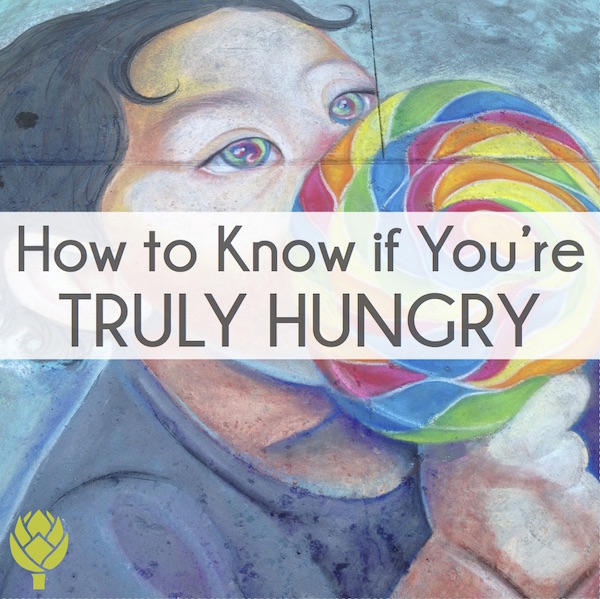
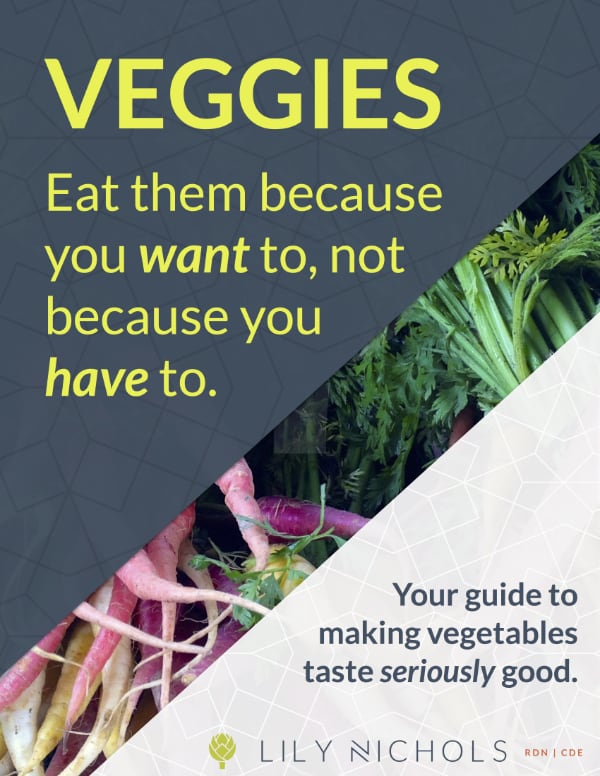
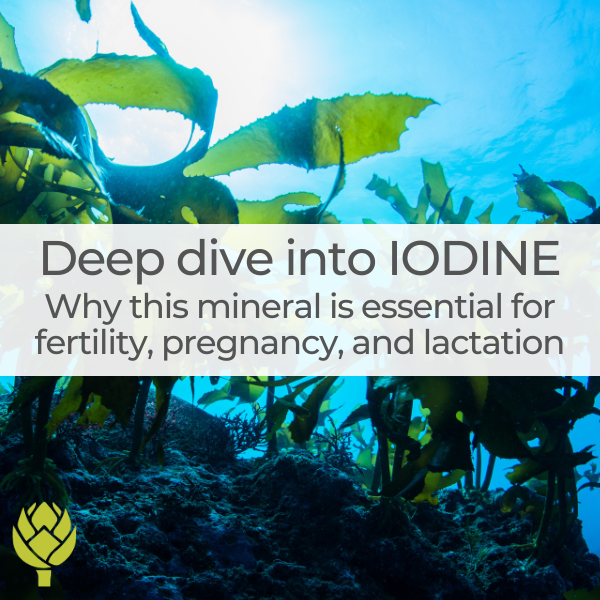
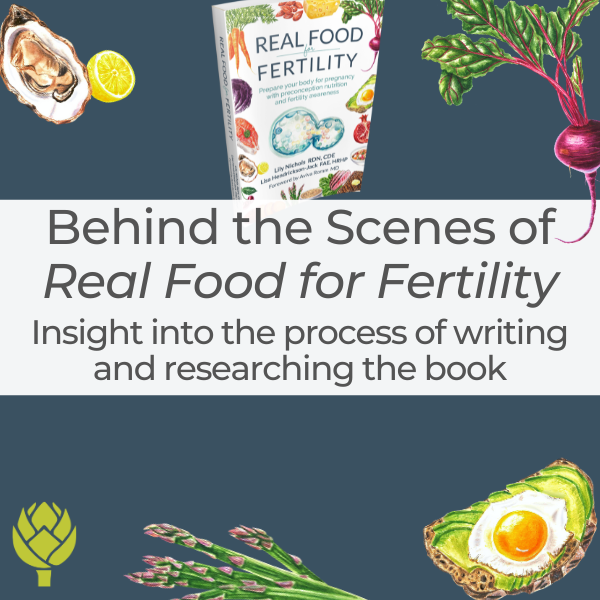
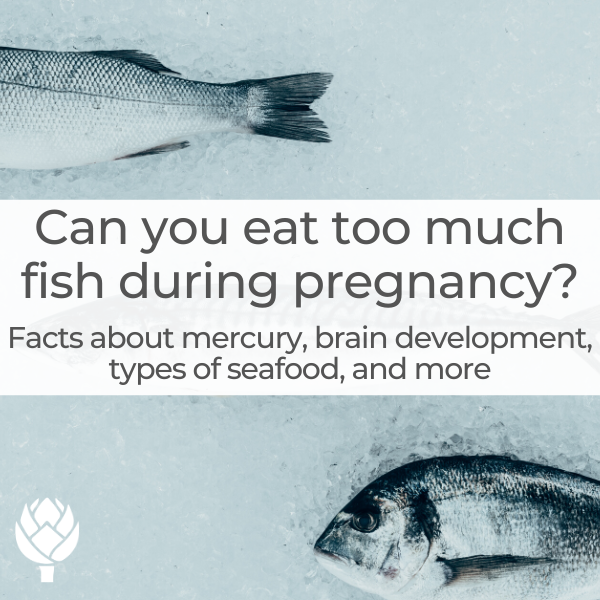
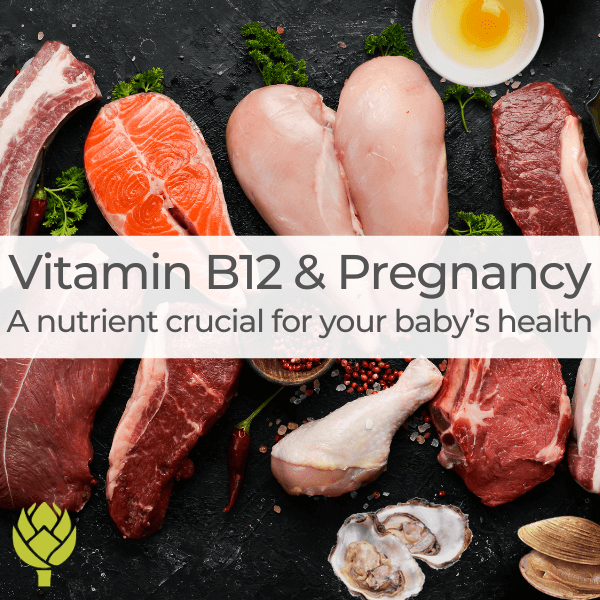




The most difficult thing for me to learn was to stop cramming something into my mouth just to get my stomach to shut up. I did this as fast as possible because I took no pleasure in food but somehow managed to get hooked on sugar. I thought I just couldn’t have it in the house.
Then my nutritionist explained what my body needed, to stop and listen, to feed it more healthy things several times a day in small quantities. After only three months of this new and very organic protein and veggie heavy diet I never hear a call for sugar any more, and in fact don’t even eat a ton of fresh fruit. It’s the smallest group in my diet, which supports a fairly active lifestyle, particularly as I’m 61.
And if anyone is interested, my lifestyle change is about saving my life from stroke or heart attack due to incredibly elevated cholesterol levels. Yesterday I discovered that I have been losing 12-15 lbs a month which made me jubilant, but my doctor barked “This is about saving your life, not losing weight!” I told him it is so easy to eat this way and oh, snap, I’m losing weight! REALLY losing it.
He said “Easy? Just think how well you’d be doing if you worked hard at it.” He’s a loveable joy and fantastic doctor who doesn’t think pushing drugs or specialists automatically is healthcare.
That is fantastic, Donna! Keep it up. I agree, for many people sugar is addictive. Eating it mindfully helps quite a bit, although some do well to avoid the refined stuff entirely. Luckily the healthier we eat and the more in-tune we get with our bodies, the less we want the sugar.
More on sugar and cravings:
1) Addicted to food?
2) How to Overcome Sugar Cravings
3) 3 Steps to Stop Food Cravings
And how were those cholesterol levels? Did he bark at those? 🙂
Great blog! Very informative… I am quite full from eating dinner right now so I will have to try the exercise later. I have learnt the difference between hunger and appetite …if I’m hungry I have a rumbly tummy, feel weak and get a bit hangry (!). If I am craving something not good for my body it feels very urgent in my chest… no where near where the food is going to go! When I feel this I try to breathe through it and wait for the feeling to pass. It also helps to remember how I have felt before, after giving into a craving ( not great) and make the choice to not create that feeling again.
How interesting that you feel cravings in your chest rather than your tummy. The fact that you can differentiate between the two and make an informed decision about how you want to handle the craving is brilliant, Ollie. Our bodies are pretty amazing teachers.
I totally needed this! I also find that my mind adds a layer of guilt and shame when it’s appetite as well which screws up enjoying and paying attention to food. Thanks for helping me understand my hunger better.
So many people experience the same thing, Halley. When you instead focus on savoring every bite of food and enjoying what you’re eating (even if and especially when it’s something you were craving), you might find you’re satisfied with less.
I struggle with knowing when I’m full when my bodies asking for more, i have had anorexia for 2 years and deeply counting calorie/macros! so i guess i can’t trust my body yet but Im scared once I’m weight restored that I won’t be able to eat to my appetite and ill just keep gaining! but this has reassured me (you have said the exact same thing as my dietician has) that my body will eventually know what its doing!!
Rachel, thanks for chiming in and sharing your story. Happy to hear this has offered you some reassurance. Learning (or re-learning) how to trust your body can be uncomfortable, but it gets easier with time. Mindful eating has been shown in studies to be more effective at long term weight management than any type of diet and it’s certainly the right choice when healing from ED. Sounds like you have an awesome dietitian. Best of luck to you! 🙂
Great article! I have found that the biggest cue for me is smell. When I’m physically hungry, the smell of any food (even the ones I don’t like!) would make my mouth water. When I’m just craving something to munch on, nothing smells quite as appealing. Things just taste so much better when I’m truly hungry =D
Food is what i constantly think about. I worry every day, what am I going to eat next? I’m only 16 and I’m scared I might have a eating disorder. I can’t stop counting calories. What do you recommend doing?
Hi Evelin,
I highly recommend seeking professional support as you work through this. Look up the National Eating Disorders Association (NEDA) and you’ll find many resources to help you. Best of luck!
Thank you so much for this. I have ms and my mobility is mighty low so I have been calorie counting and wondering why I’m getting nowhere. It’s fascinating to bring mindfulness to eating and I see how it will work. Have never thought of it before despite using mindfulness in other areas of my life. Your blog has made me feel way less a loser and more someone who can accomplish and take control back. Exercise is something that feels way out of my reach and have gained such weight it makes me so sad and paranoid about how much and what I eat that there is no joy anymore. Reading your words has made me smile and see a positive future. Thank you
That is so wonderful to hear, Gillian!
Hi Lily,
Thanks for showing us such a kind approach to hunger, appetite and eating.
I’ve been calorie counting for almost a year now and while it has helped me lose much of my weight, I have now reached a point where my relationship with food is unhealthy, to say the least.
Instead of feeling satisfied or happy after a meal, I experience pangs of guilt and even overwhelming anxiety at times.
After 2 months of self-shaming and perpetual discomfort around food, I have now decided to stop calorie counting for good and turn to mindful, intuitive eating.
While I am still struggling with food and am fighting the urge to check calories for each morsel, I plan on forgiving myself and accepting that eating is not shameful and feeling of guilt are unwarranted.
Your article has given me a step by step strategy to do so and I am very, very thankful to you!
Tried this. Closed my eyes, put my hand over my abdomen then a quiet voice in my head whispered “Consume everything.” not sure if I should take my bodies advice…
Very interesting. I have to say, though, that since I started calorie counting to lose weight (which has been very succesful so far and I’m nearly done), I’ve actually found that my attitude towards food has improved and that I’ve appreciated good food more, not less. It has also made me aware of the amount of energy that I am taking in and putting out each day, and has made me appreciate my body and how well it does its job. I now feel stronger, fitter, happier, and like I can achieve my goals. I haven’t been restricting fat, though – only calories. If I want fatty food I just eat less of it – and this has actually been training me to think about portions in a way I’ve never been able to before.
Attempting exercises like this in the past has never really worked for me, as I have had too many emotional problems around food and body image to allow me to accept or listen effectively without feeling negative emotions such as shame.
So perhaps, just like different diets or types of food, different weight loss techniques are also neither wrong, nor right – just different for different types of people.
Beautifully put!
hi I just wanted to ask… I try to listen to my stomach and stop eating when I am full but I am usually hungry again after two/ three hours !!!! is it bad?? I am usually craving some kind of fruit after the time…
Not necessarily, however if you want to stay fuller longer, you may want to look at choosing foods that satisfy your hunger better (or simply eating a bit more). For many people, eating the right breakfast is extremely helpful at managing hunger throughout the day. Read more about breakfast here.
Lily,
This was perfect for me to read! You inspired me to stop using my calorie counter app on my phone. For my hunger signs, I look for a drop in energy and a watering mouth when I think of food (by the time my tummy rumbles, I’m actually hangry and I’m too hungry and my relationships begin to suffer). I’m working on slowing down to eat and to savor as many bites as I can. As a result, I am focusing more on the wonderful foods available to me, and, especially the wonderful family with whom I enjoy my meals. Instead of saying “excuse me while I enter my food,” I pay more attention to the people around me. I can assess my hunger quietly in my head instead of “on my calorie app.” I feel so free!
Calories were a trigger for my depression, too. If I ate within my calorie limit, but my weight went up a pound or two the next morning, I lost all logical thought and slumped into a pouting mood, as I thought, “I didn’t exceed my calorie count! Why did I gain 2 pounds???” This pouting behavior affected my relationships, too.
Thank you for encouraging people to learn and trust their bodies!
Bravo, Leanne. Sounds like you’ve done a marvelous job of tuning into your hunger cues and listening to your body. Cheers to many more meals enjoyed mindfully. 😉
“I like to wait before I eat to be sure that my body really needs food. I look for a little tiredness… concentration pauses …. I like to feel my stomach’s presence asking for food …
allowing the three regions of the brain – the hippocampus, insula, and caudate – to become activated when I feel hungry.”
Excerpt From: Mike Stair. “200 calories Every 2 hours.”
At age 17 should I worry about what I eat
If your body has gotten to the point where it’s rumbling and energy has dropped, isn’t it likely that your sugar has dropped as well, thus your mood, and adding another 30 minutes to an hour to make the food would make you beyond a good “hungry”?
That’s certainly possible, Alyssa. Understanding how soon your typically get hungry and identifying subtle, early hunger cues can help you plan ahead, so you don’t get stuck being “hangry” before your meal is ready.
A ‘mild gnawing’ ? More like cramping stomach, shakes and stomach demanding food! And this is if I just had a big meal two hours ago. I’m talking two slices of toast, two eggs and some bacon. This doesn’t happen every day more like once every other werk. It’s so weird. Most dsys I can grt buy with a sandwich and soup. Then that crazy hunger hits again. If you have any ideas let me know.
Hmm. You might want to check out this post for some insight: the healthy breakfast mistake
If you’re craving food and aren’t sure if you’re really hungry, do the apple trick: think, would I eat an apple (or some other very very healthy food)? If so, then you are hungry, if not, then you’re not hungry.
Hey,
I’ve been struggling with food for most of my life. There have been times, particularly in the last year, that I’ve been really in tune to feeling fullness and hunger. Even when I feel really in tune with those feelings, my biggest problem is with actually listening to and acting on those feelings. Do you have any advice for this?
My mouth waters telling my brain I’m hungry. It drives me nuts. I’ve just eaten lunch and my mouth is watering now. How do I stop this? My stomachs full. No problem there. But this mouth watering is driving me nuts when I know I’m not truly hungry !
Can I follow these when I do exercises?
I don’t know when I have a workout in a day is my body going to predict that or not!! cause I’ve heard doing a workout with empty stomach nor full is not good.
I tried it today … and should say it’s not really easy way for now!
See how will be.
Thanks.
Enjoyed reading this, outlined well and simply expressed for the compassion of what a human being goes through and when emotions limit cognition.
Hi,
I never reply to blogs but having read this and also your blog on calorie counting, I want to say ‘hurrah’.
I’ve never calorie counted myself and I’m naturally slim (yes, I get called a lucky b*tch… funny how people take free licence to comment on slim people so offensively, eh?)
Anyhow, this is totally my approach to food. I know I probably have some luck with genes as well, but I think enjoying food is key, eating what you fancy and being active. I believe when I crave salt, my body knows best, when I crave yoghurt, or mash, or gravy, my body is seeking something.
This blog has solidified some concepts I perhaps felt instinctively but hadn’t verbalised. It’s a great checklist and wonderful to have my instincts validated by a nutrionist.
I do slip up often though and forget to listen to my body, especially in a restaurant or on holiday. I shall be saving this somewhere and honing my own mindfulness and I hope to make eating more rewarding as a result.
As a child I experienced periods of starvation and at one point was hospitalized for it (not anorexia; I was neglected). I eat everyday but can go almost all day without food. I notice when I’m hungry but not until my stomach feels empty and starts grumbling and by that point I’m feeling tired. I’m tired almost always and not sure why. I’m on antidepressants so my sleep is not what it used to be (I used to sleep too much and be tired) now I’m sleeping normally. Any thoughts on what this is or what I can do?
Nutrient deficiencies, adrenal fatigue, and thyroid problems can all cause you to feel tired and depressed and interfere with sleep. Your history of starvation and antidepressant use increase your risk for all three.
Functional medicine doctors and naturopaths specialise in finding and addressing the underlying cause of symptoms rather than trying to simply treat the symptoms. I would recommend seeing one who will help you to identify whether your thyroid and adrenal function are optimal (not just whether your lab tests come back within the reference range) or whether you have an underlying vitamin B12, iron, vitamin D or other deficiency.
I struggle with emotional eating, borem and being an ex smoker, it cost me thousands for the gastric sleeve and I’m forever exercising because I eat to many calories and dont want to put weight back on, I’m 6 months post op and already eat 2000 calories a day, in saying that tho I have made a huge lifestyle change and most of the calories are nuts and seeds.
Also with the mindfulness eating does that include coffee? I have switched to decaf but find I now drink aboy 10 coffees a day (soy with stevia)
that was meant to say bordem sorry
I learned I’m really hungry now though I’m afraid I’d feel guilty for eating an apple that I’m craving! I was just journaling how I feel my eating disorder is fake specially now that I’m in recovery! I guess this is a good proof that it’s real! I’m going to eat an apple! My mouth is watering though I’m worried if that’s because I like apples! I’ve denied myself so many apples thinking like that!
She makes sense but my biggest problem is recognising if I’m hungry.I have trained myself to recognise fullness but not the other way around.
I just love eating !!
I recently went through a period of unusual fatigue, transient feelings of depression or apathy, times when I would start shaking and feel weak. My fT3 was very low but it never occurred to me that the T4 to T3 conversion was being hampered by being in a fasting state. It took a naturopath looking over my case and telling me that I “wasn’t eating enough to feed a 5-year-old” to realise how little I’ve been tuning in to my hunger cues.
I’ve just found out that I’m pregnant again (also still breastfeeding) so I’m tracking calories temporarily to help in the process of relearning how much *more* I need to be eating. And to guide me to hit 90g+ of protein per day.
Thank you so much for doing all this digging into *real* nutrition and sharing it with us, Lily. I’m sure it’s making a difference to the health of myself and my children!
Hi Lily, I am 20 weeks pregnant and previously wasn’t gaining much weight. Now I feel I have gained 4-5 lbs in a week or so and could eat anywhere 2400-2800 calories. I think my appetite has increased, but my stomach and body has trouble digesting these large amounts.
Is this healthy to be eating so many calories and rapid weight gain? I’m concerned – should I pay closer attention to hunger cues instead of my “appetite” cues?
I’d talk it over with your provider. Women gain weight at all different rates, and sometimes if weight gain was minimal early on, some women see a surge in weight gain later in pregnancy. This isn’t necessarily problematic. You can read my article on weight gain in pregnancy for more context before speaking to your provider about your concerns.